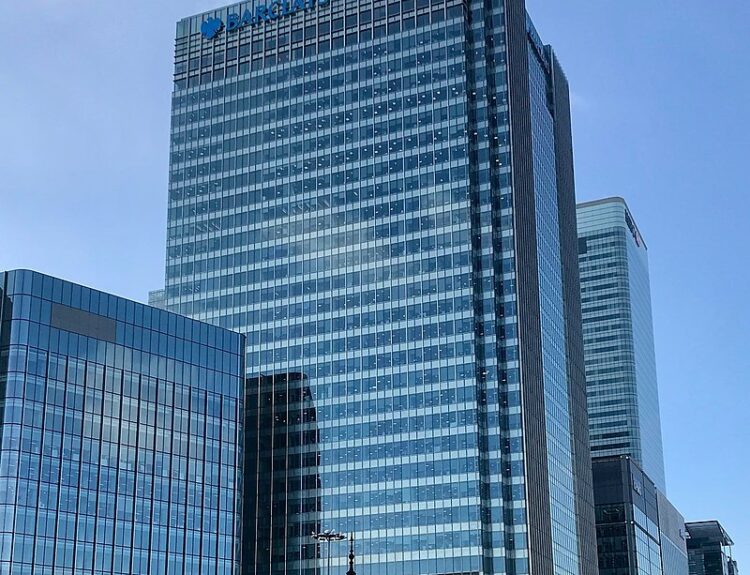Retail sales drop 1.2% in June, reversing May’s 2.9% rise
- Retail sales volumes declined 1.2% in June compared to May, according to the Office for National Statistics
- Election jitters and poor weather contributed to the decline
- Department stores, clothing shops, and furniture stores were the biggest contributors to the weakness in sales
- Nonfood retailers particularly affected by uncertainty and low footfall
- Sales also impacted by economic conditions for food shoppers
- Weather volatility suggests retail sales not booming or collapsing
- Households saving a larger fraction of their incomes than usual
- Limited effect on GDP growth in the second quarter of the year
U.K. retail sales volumes fell by 1.2% in June compared to the previous month, according to the Office for National Statistics, undoing some of the 2.9% increase seen in May. This was weaker than the expected 0.5% drop from a consensus of economists polled by The Wall Street Journal. Department stores, clothing shops, and furniture stores were the main contributors to the decline, with nonfood retailers particularly affected by election uncertainty and low footfall. Economic conditions also impacted food shoppers, according to the ONS. Despite the European Championships soccer tournament, sales in Q2 were down 0.1% compared to Q1, suggesting limited effect on GDP growth as the U.K. economy recovers from a late-year recession.
Factuality Level: 8
Factuality Justification: The article provides accurate and objective information about the decline in retail sales in the UK due to various factors such as election jitters, poor weather, and low consumer confidence. It also includes expert opinions from economists to provide context and analysis of the situation.
Noise Level: 6
Noise Justification: The article provides some relevant information about retail sales and consumer behavior in the UK, but it also includes some irrelevant details such as mentioning the European Championships soccer championship and the election of a new Prime Minister without providing any significant analysis or impact on the topic. Additionally, the article contains repetitive information about the weather affecting sales.
Key People: Grant Fitzner (Chief Economist at Office for National Statistics), Keir Starmer (Prime Minister of the U.K.), Rob Wood (Chief U.K. Economist at Pantheon Macroeconomics)
Financial Relevance: Yes
Financial Markets Impacted: Retail sales volumes, consumer-confidence, disposable income, Bank of England interest-rate cuts
Financial Rating Justification: The article discusses retail sales volumes, which are financial data, and how they were impacted by election uncertainty, weather, and consumer confidence. It also mentions the potential effects of rising wages and Bank of England interest-rate cuts on disposable income, all of which can have an impact on financial markets and companies in the retail sector.
Presence Of Extreme Event: No
Nature Of Extreme Event: No
Impact Rating Of The Extreme Event: No
Extreme Rating Justification: There is no extreme event mentioned in the article. The text discusses retail sales decline due to election jitters, poor weather, and low consumer confidence.
 www.wsj.com
www.wsj.com  www.retailsector.co.uk
www.retailsector.co.uk  www.retailgazette.co.uk
www.retailgazette.co.uk 





